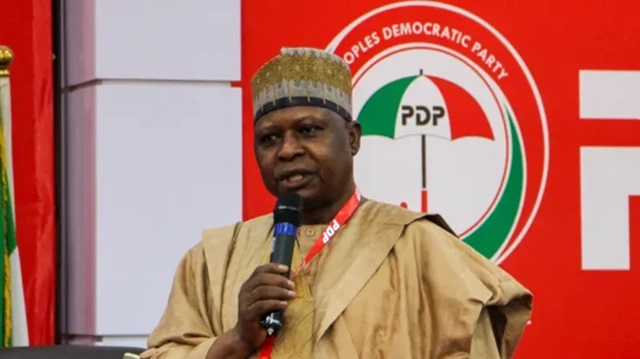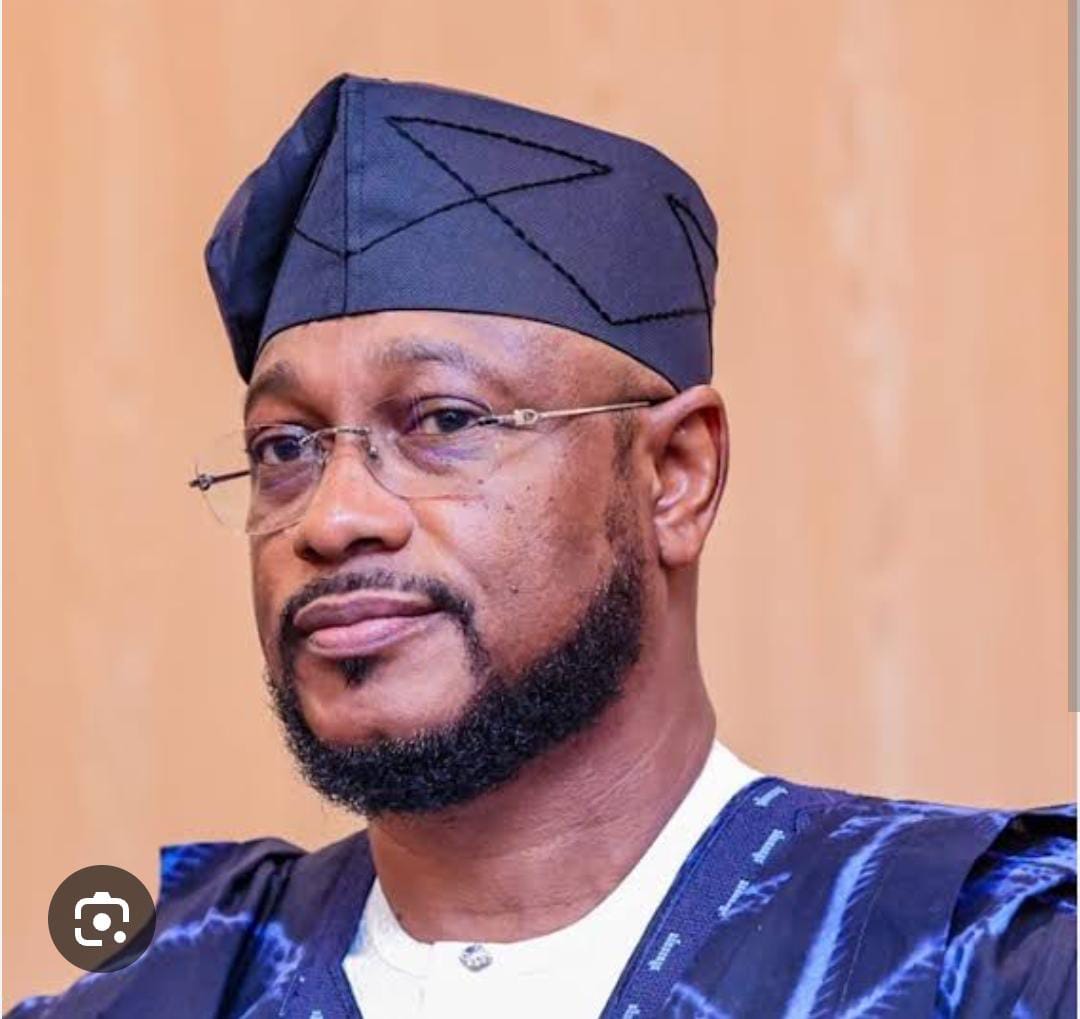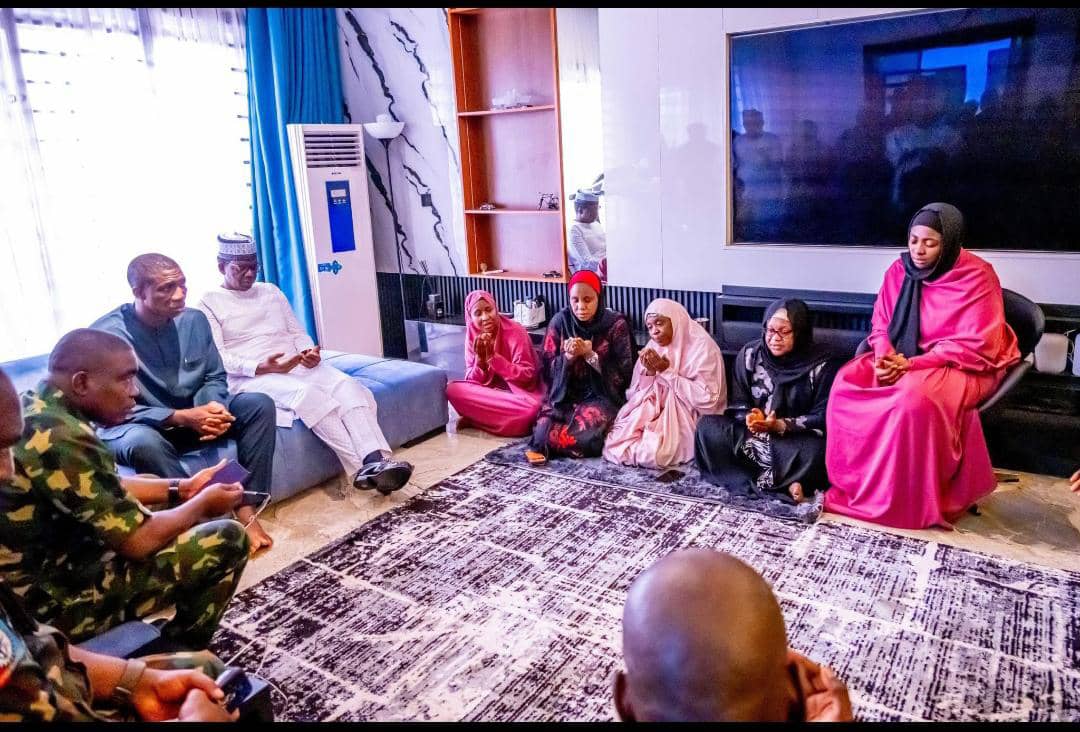A United Nations war crimes court has ruled that an 88-year-old man, who was accused of being a major financier of the 1994 Rwandan genocide, is not capable of standing trial due to severe dementia, as confirmed by medical experts.
Félicien Kabuga, who had evaded capture for 26 years, was arrested in Paris in 2020. He was believed to be the wealthiest individual in Rwanda at the time and is alleged to have provided financial support to ethnic Hutu militias responsible for the slaughter of approximately 800,000 Tutsis and moderate Hutus. Kabuga denies these charges.
The decision by the UN court has deeply saddened the head of the Rwandan genocide survivors’ association, Ibuka. Philbert Gakwenzire, speaking on behalf of the association, expressed disappointment in the ruling, as survivors had hoped for justice to be served after Kabuga’s arrest. Gakwenzire expressed doubts about Kabuga’s incapacity to stand trial and mentioned that the association is considering ways to pursue this matter further.
This ruling marks the first instance in the decades-long effort to bring Rwandan genocide suspects to justice where a court has determined the accused to be unfit for trial. The UN court in The Hague declared that Kabuga is incapable of meaningfully participating in his trial and is unlikely to regain fitness in the future, although one judge dissented from the majority decision.
The judges have suggested an alternative legal procedure that closely resembles a trial but eliminates the possibility of a conviction. The trial was temporarily suspended in March to allow for a comprehensive assessment of Kabuga’s health. Although his age is disputed, court documents indicate that he is 88 years old.
According to allegations, Kabuga used his substantial fortune, acquired through the tea trade in the 1970s, to purchase weapons for Hutu death squads. Additionally, he is accused of utilizing a radio station he established to incite Hutus to kill Tutsis, thereby contributing to the genocide by disseminating inflammatory hate speech.
French investigators located Kabuga in an apartment in Paris, where he had been living under an assumed identity. The United States had offered a reward of $5 million (£4.1 million) for information leading to his arrest.





